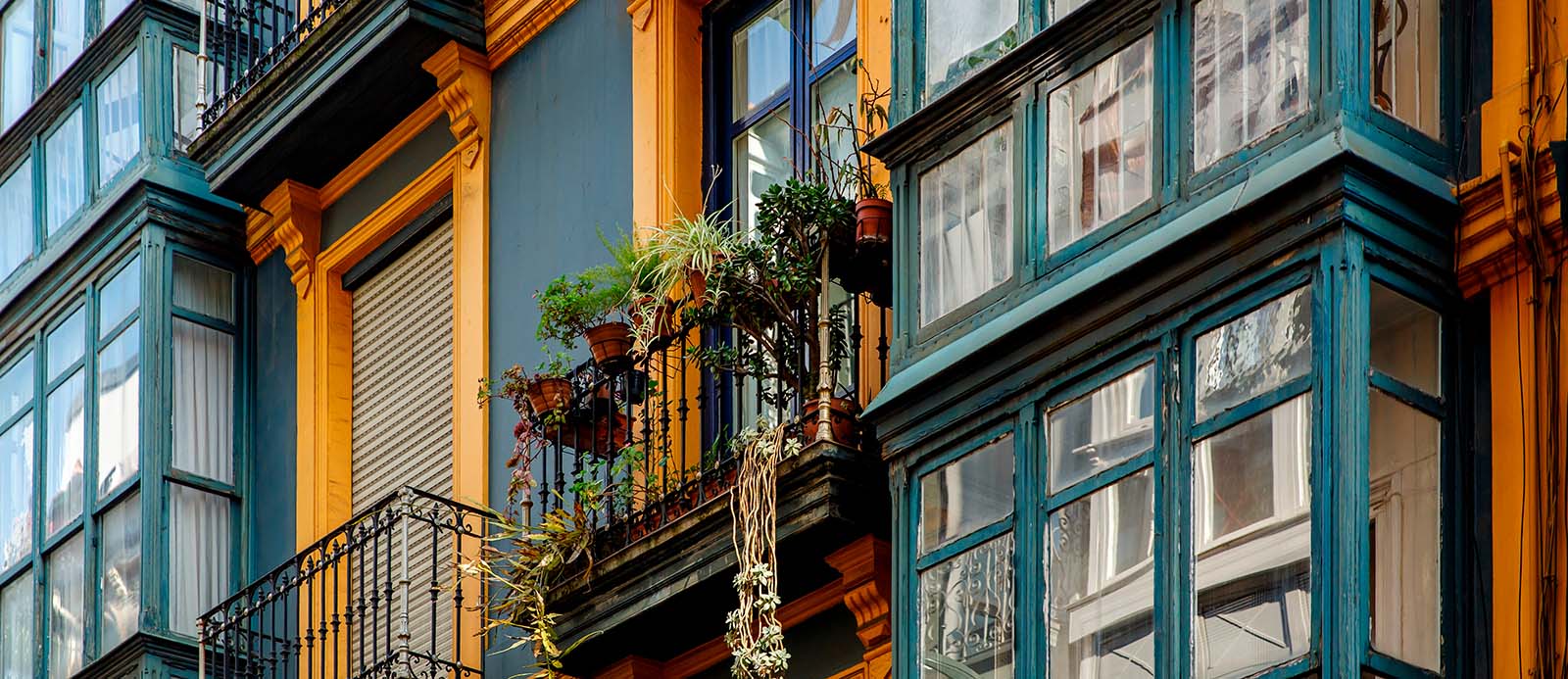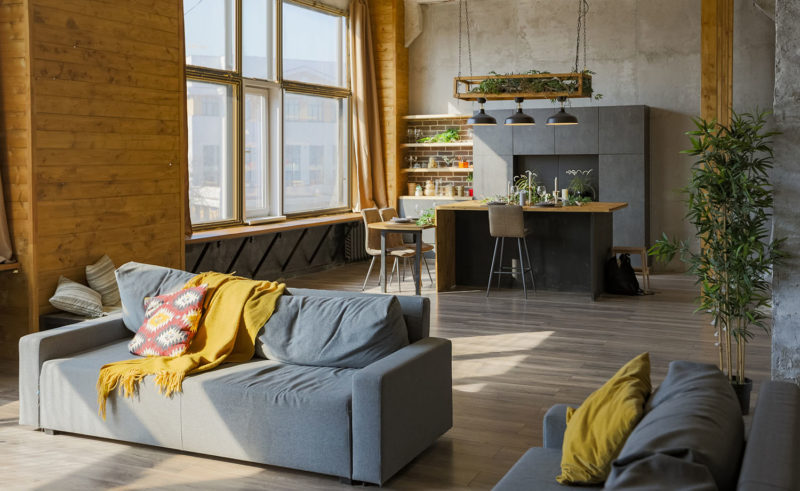

Signs of housing overvaluation
Is a new housing bubble forming? If house prices seem too expensive, you are probably right. Both the Bank of Spain and the European Central Bank have already detected signs of “overvaluation” in the housing market.
The Bank of Spain has acknowledged that house prices show “incipient signs of overvaluation”, according to the ‘Financial Stability Report,’ published at the end of April. Although this body believes that the overvaluation is “limited”, it recommends closely monitoring the market’s evolution.
According to this report, indicators of imbalances in the real estate market have been showing some slight signs of overvaluation since the beginning of 2020, which increased slightly in 2021 despite the pandemic.
Luis de Guindos, vice-president of the European Central Bank, was already concerned in January about the overvaluation of the residential housing market and the situation of the mortgage market in some Eurozone countries.
A market immune to the pandemic
The truth is that at the end of 2021 buying a flat was 6.4% more expensive than twelve months earlier, according to INE. And the fact is that the real estate market has been one of the few that has shown itself to be immune to the coronavirus. Supply has not grown at the same rate as demand, so prices have continued to rise.
In fact, the price of housing in Catalonia increased by 1.3% in April, according to the real estate portal Idealista, bringing the price per square metre to an average of 2,340 euros. In the case of Barcelona, the increase was 0.7%, meaning that the price per square metre is now close to 4,000 euros. And if we take a look at the evolution of the last twelve months, Tinsa puts the price increase in Spain as a whole at 7.7%.
In 2021, more than 89,000 homes were sold in Catalonia, with an average price per square metre of 2,293 euros, and 2022 began with more sales transactions than 2008, according to the Association of Registrars.
A risk for the banking sector?
The Bank of Spain considers that there are no signs that financial institutions are being lax in granting mortgage loans, but real estate imbalances within the euro area represent a “significant source of risk” for the banking sector. It should be borne in mind that the foreseeable rise in interest rates by the European Central Bank would increase the monthly instalment on variable-rate mortgages, so the default ratio could rise.
According to the Bank of Spain’s report, the growth of credit for new mortgages was particularly significant in 2021, with year-on-year rates of over 40% in the final part of the year. In any case, banking is now less sensitive to the real estate market than in the last housing bubble, as the volume of credit to this sector does not currently reach 40% of the total, whereas in 2007 it accounted for 70%.
Since the start of the pandemic, most Eurozone countries have seen slight increases in the ratio of the total balance of mortgage credit to GDP. However, in the case of Spain, this increase is due more to the decline in GDP generated by the pandemic than to the accumulation of debt.
Renting, mission impossible?
If buying a flat is expensive, renting is not at all economical either. The study ‘Relación de salarios y vivienda en alquiler en 2021’, carried out by Infojobs and Fotocasa, indicates that renting a flat on your own is almost an impossible mission. To live in an 80 m² flat, Catalans had to spend an average of 54% of their gross salary on rent last year.
The average rental price per square metre last year was 14.06 euros, 0.4% more than the previous year. If we compare the data with those of other Spanish regions, Catalonia is where the highest percentage of salary is spent on renting housing, followed by the Basque Country (50%), the Balearic Islands (49%) and Madrid (49%).
Unfortunately, this percentage is much higher than the percentage recommended by European supervisory bodies and makes it almost impossible for young people to become independent.
11Onze is the community fintech of Catalonia. Open an account by downloading the super app El Canut for Android or iOS and join the revolution!





Gràcies
Gràcies a tu, Joan!!!
Sí, es un Risc adquirir habitatge, però més prompte o més tard cal asumir el risc, no donaré per perdut el meu dret a l’habitatge de cap manera.
Per una banda, tens raó, l’habitatge és un dret, i no hauria de ser un luxe.
En De Guindos vice-president del BCE? Mare de Deu. Ja podem plegar.
Ara si que ens poden encomanar a la mare de deu dels desamparats i de la geperudeta de Pau claris, com dirien els d’ací 🙏
I tant que sí! Al capdavall, tot el que fan és repartir-se les cadires i els sous. Gràcies, Jordi, pel teu comentari!
Molt sovint preu i lloguer d’un habitatge es calcula en funció dels salaris de qui compra o lloga. Si els salaris no tenen perspectiva de millora, l’augment de preus en el sector immobiliari com a mínim es frenarà. El canvi de model no és fàcil, perquè si les famílies pensen en l’habitatge com una inversió/protecció de l’estalvi, els grans fons tenen el sector com un negoci.
Molt d’acord amb la teva reflexió, Josep! Gràcies per aportar-hi valor sempre.
L’habitatge és un dret reconegut a la constitució però de moment no es troba cap solució política que ajudi a solucionar el problema
Sí, tens raó, però si tot puja, és del tot normal que també pugin els lloguers i els preus dels habitatges, és la llei de l’oferta i la demanda… Si es vol fer un canvi real, s’hauria de començar a pensar a fer un canvi de paradigma i canviar-ho tot, perquè en realitat, el que falla, és el sistema. Moltes gràcies pel teu comentari, Francesc!!!
Gràcies per la informació.
Gràcies a tu per seguir-nos, Pere, i també pel teu comentari.
No hi ha voluntat de fer una política que respecti l’habitatge com un dret ,no com un luxe
La raó és que l’habitatge, a banda de ser una necessitat, també és una inversió…, i clar, si tot s’augmenta, és del tot normal que també pugi l’habitatge i els lloguers. Moltes gràcies pel teu comentari, Alícia!!!
👍
Gràcies, Jesús Manel!!!
👌
Gràcies, Carles!!!
👍
Gràcies, Manel!!!